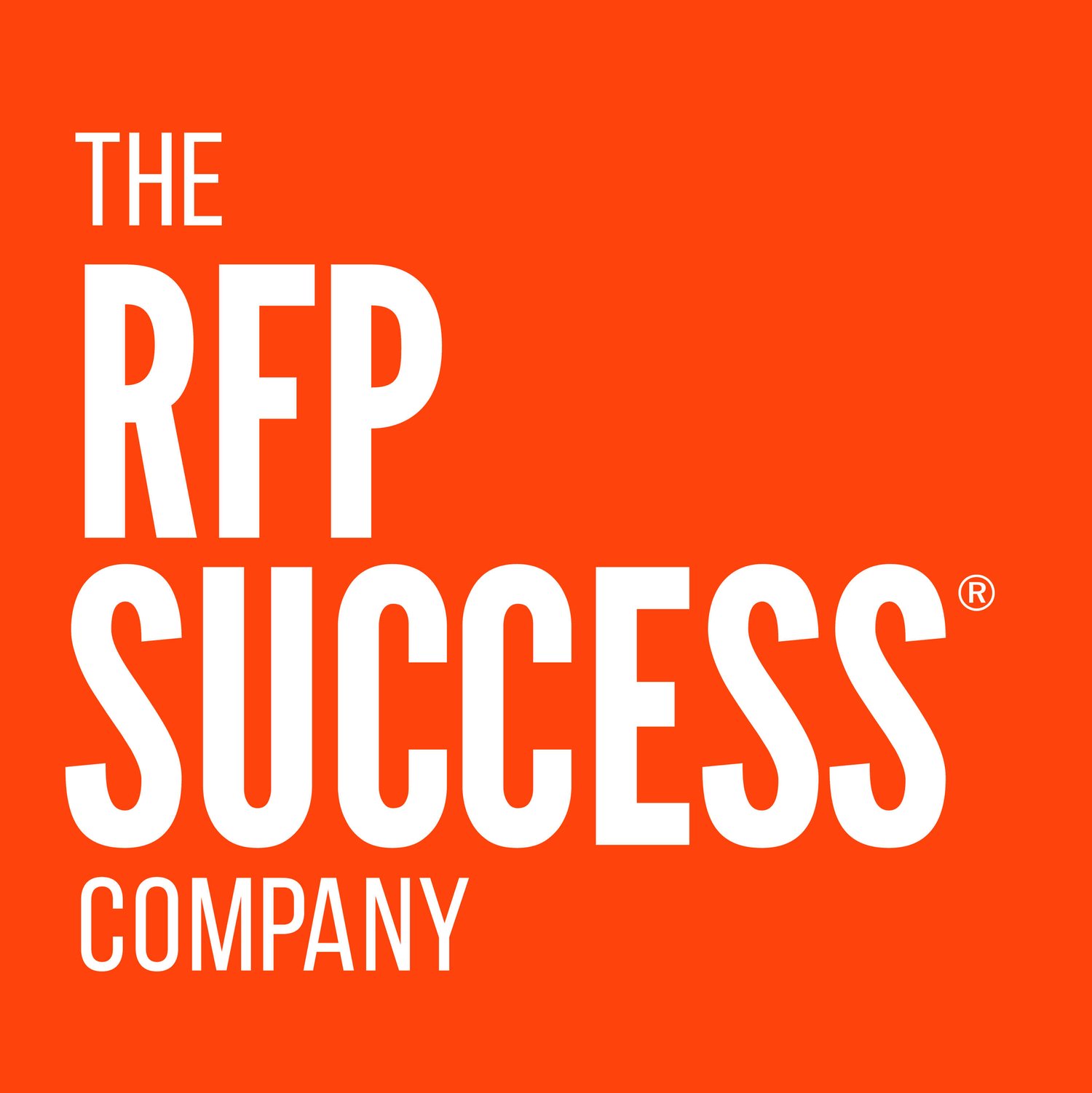EP056: Storyboarding for RFPs– with Ama Cobbina
The beauty of storyboarding is that it creates an artifact to represent the story in your head, and it can be used throughout the RFP process. You can leverage storyboarding to make the go/no-go decision, to think critically about your overall strategy, and to find holes in your solution. So, how exactly do you get started? What does the storyboarding process look like?
Marketing and Proposal Professional Ama Cobbina specializes in graphic design and graphic facilitation in the RFP process. She uses her strengths as a visual thinker to help teams conceptualize their solution through the storyboarding process. Ama earned her BS in Architectural Design from the University of Virginia in 2007, and she holds the APMP Foundation Certification.
On this episode, Ama is back to explain how to leverage storyboarding throughout the RFP process. She discusses the concept of storyboarding as a critical thinking tool, describing how it helps proposal teams develop a baseline story that informs our answers to the individual questions. Ama also offers insight around how to use storyboarding to make the go/no-go decision and why it’s crucial to involve diverse voices in the process. Listen in to understand the pros and cons of manual vs. digital storyboarding and learn what tools we can use to create a globally accessible hybrid system!
Key Takeaways
How Ama leverages visual thinking to take dynamic notes
How storyboarding creates an artifact of the story in your head
Why it’s crucial to involve diverse voices in the process
The concept of storyboarding as a critical thinking tool
Why anyone who’s read a comic or seen a movie can storyboard
Turning your research around the client into its own storyboard
How Ama uses storyboarding to make go/no-go decisions
The objections teams have around the storyboarding process
Why Ama initiates storyboarding the moment an RFP comes in
Why pricing comes first in storyboarding the go/no-go decision
Ama’s insight on the pros and cons of manual vs. electronic
Ama’s suggestion around creating a hybrid, global storyboard

